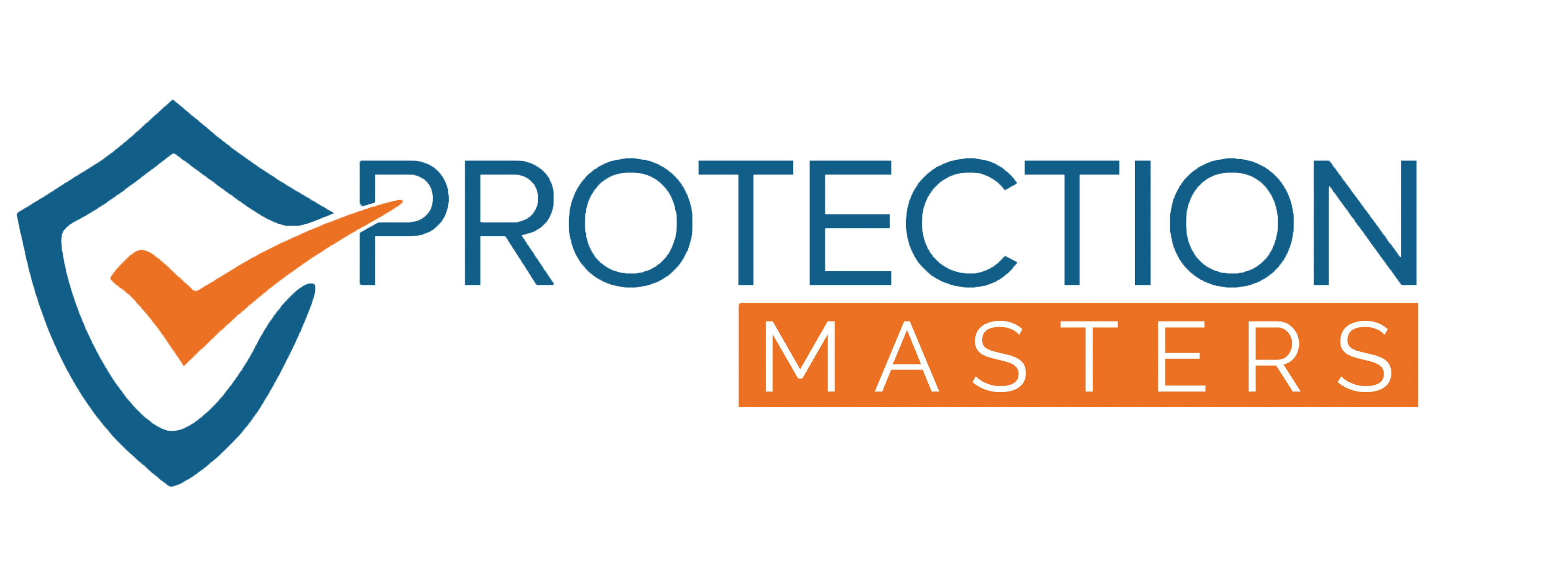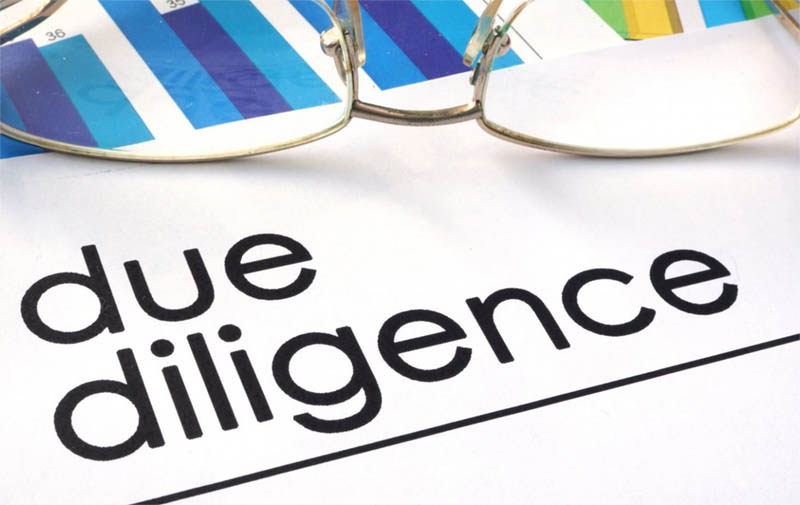Due diligence checks vital for investors
In the last few years, a number of Kenyans have been left licking their wounds after being conned of their life savings by phony scheme architects.
Changing economic fortunes, over the past five years, have also seen struggling companies in Kenya look for partners in a bid to raise new capital, create synergies and build economies of scale to tackle increasing competition.
Investment
However questions are now being raised on whether most companies take time to carry out due diligence or background checks before putting their money into a particular investment.
Mr Simon Nyolo operations manager with Protection Masters Ltd, a private investigations agency based in Nairobi, says while seeking returns commensurate to risk, it is advisable to undertake proper due diligence on the potential investment.
“A careful look at the history and background of a scheme, a company, an individual or business could reveal red flags such as litigation in certain countries, lack of a track record, peculiar ownership structures, questionable tax standing with various authorities among other key legitimacy measuring sticks,” he says.
Mr Nyolo says such questions as; does the business have healthy cash flow? By looking at the books, can you tell where the revenue stream is coming from? If the company has physical assets, are they valued correctly and fairly? Are there any hidden liabilities? Among other questions are very important.
Experts
In business terms due diligence is defined as the care and attention that would reasonably be expected of a prudent investor before making any investment.
Big time investors often incur millions of shillings in due diligence fees paid to financial advisers, lawyers and industry experts.
Research by Protection Masters, which also specialises in business intelligence, corporate and individual investigations, shows that only a few Kenyan companies or businesses hire experts in the field to conduct research on potential business partners or when hiring employees.
In the past few years a number of mergers and acquisitions have taken place in as companies look for ways to protect their market share and ensure better returns for shareholders but experts have questioned the way due diligence is carried.
Loopholes in carrying out due diligence have also created room for counterfeit products in the market.
Judiciary
In 2016 Kenya was ranked among the largest markets for counterfeit goods in East Africa, and serves as the distribution point to the region.
A report by the Kenya Association of Manufacturers, the Judiciary and other interested partners showed that contraband goods are mainly from India and China.
“Networks of cross-border smugglers target fast-moving and highly profitable goods to import into Kenya illegally, including food, electronics, and cosmetics.
Pharmaceuticals also form part of the list, with estimates revealing that over 30 per cent of the total medicines sold in Kenya are counterfeit, and that about 40 per cent of all malaria drugs in the Kenyan market are counterfeits that may be harmful to users,” reads the report.
Kenya Bureau Of Standards said Kenya loses Sh69 billion every year due to fake goods entering the market and experts term this as lack of background checks by companies.

